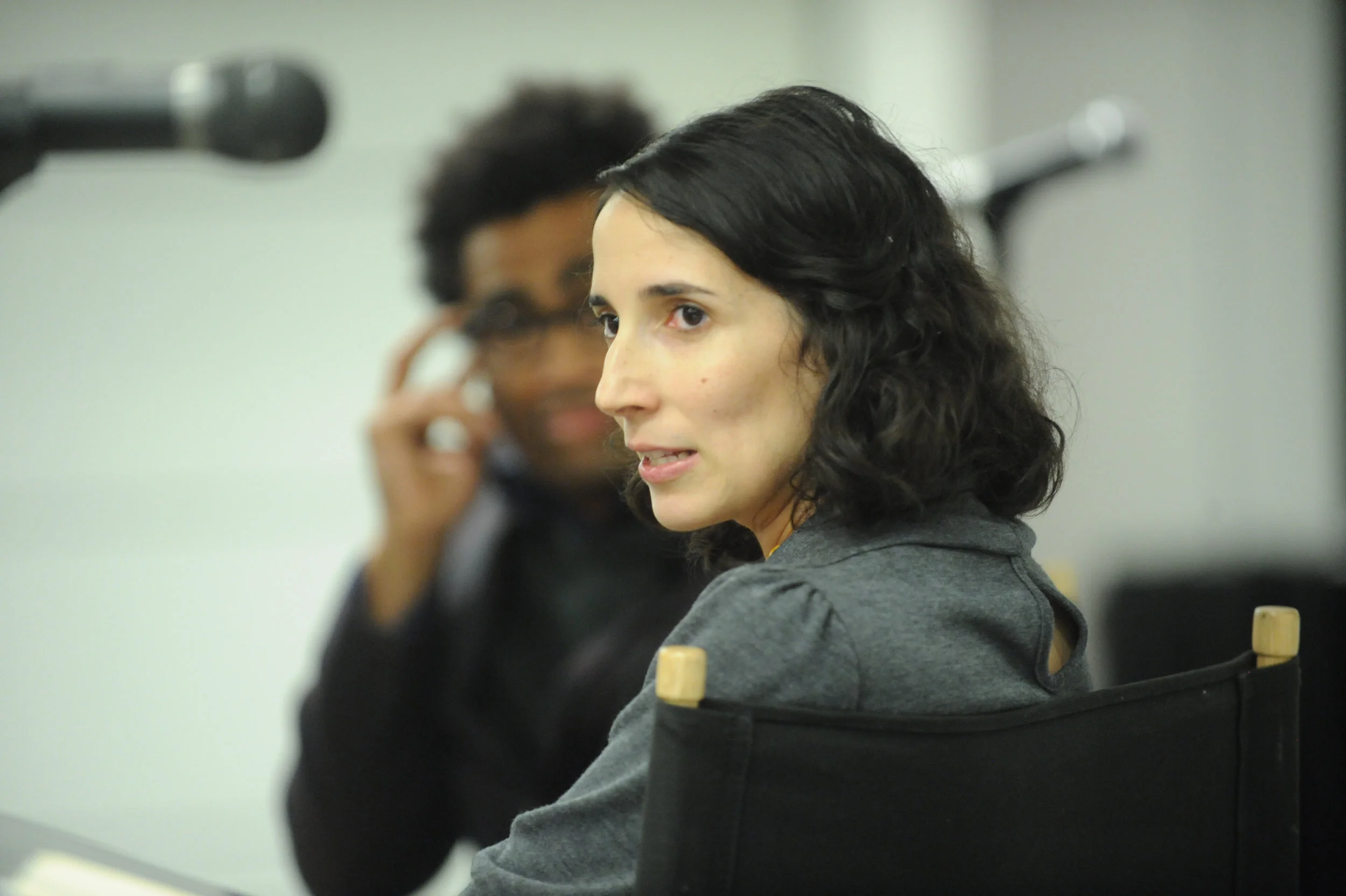Geneva Southall, the University of Minnesota musicologist and professor who devoted her professional career to studying Tom and who wrote a three-volume biography about him, argues that Tom was a musical genius along the lines of Mozart but that America could not accept the idea of a black genius in Tom’s lifetime. Of course, we all know that most white people of the nineteenth century believed that they were superior to black people, that we lacked true intelligence, that we were more animal than human. So how could such a populace entertain the idea of a black genius?
Reimagining Blind Tom, Laura Pegram & Ivelisse Rodriguez Interview Jeffery Renard Allen
One of the premises of the novel is that during the 1863 draft riots in New York City, all of the Blacks in “the city” (Manhattan) were driven out of the city to an island off the coast of Manhattan, an island called Edgemere. So when the book opens, it is 1866, and Blind Tom is the only black person, as far as we know, who still remains in the city. A clandestine, he is under the care of Eliza Bethune, his former manager’s wife. (The manager was killed during the riots.) So that’s the premise.







